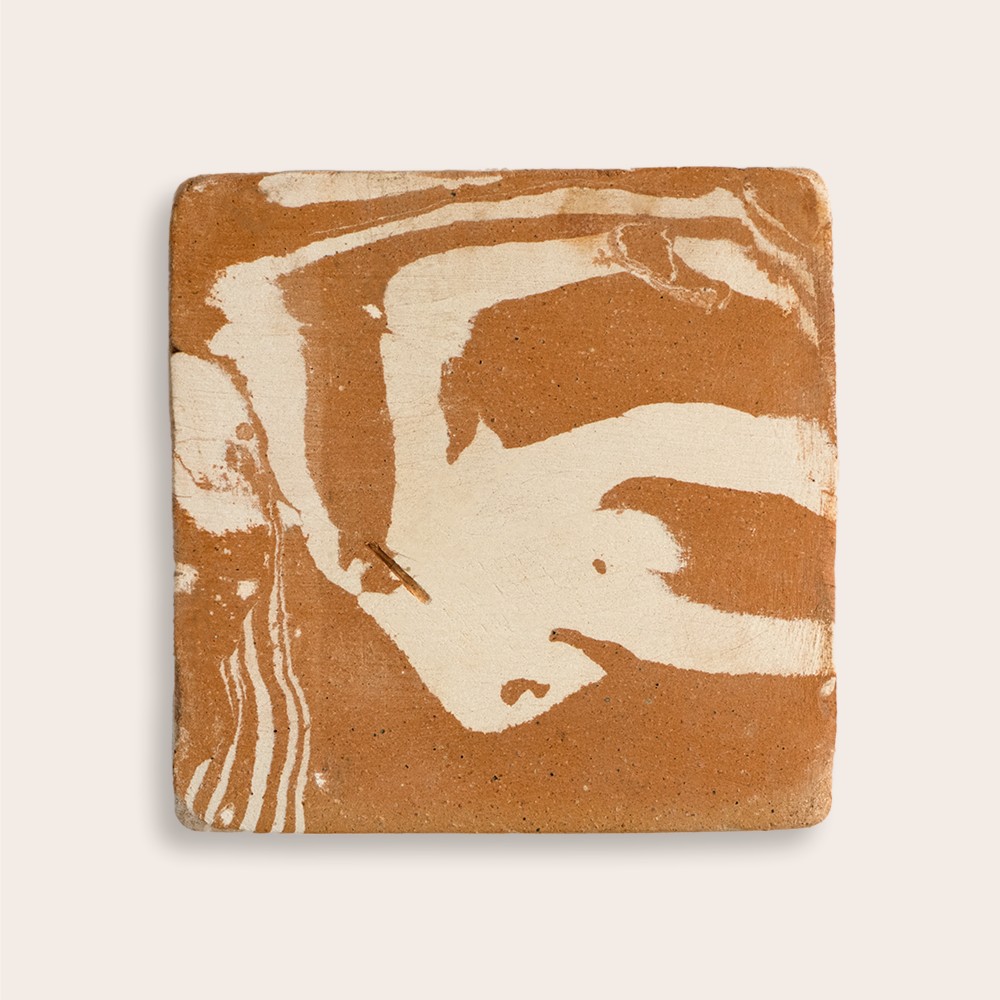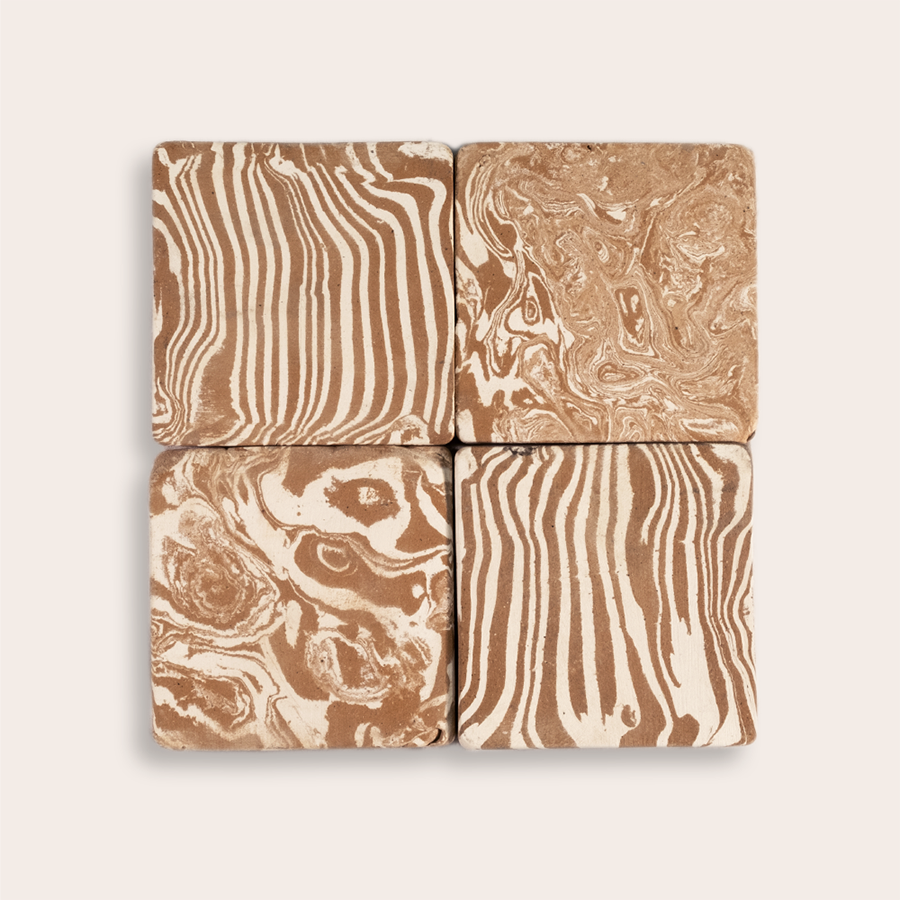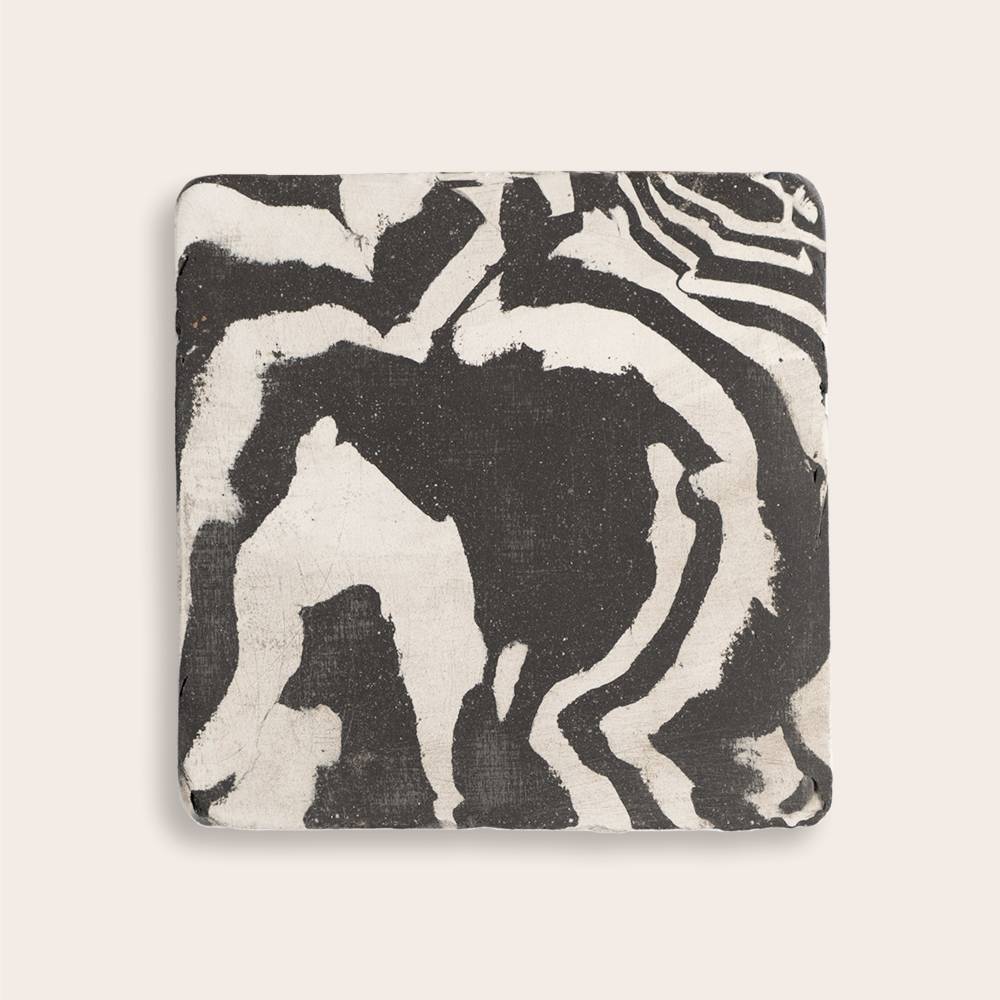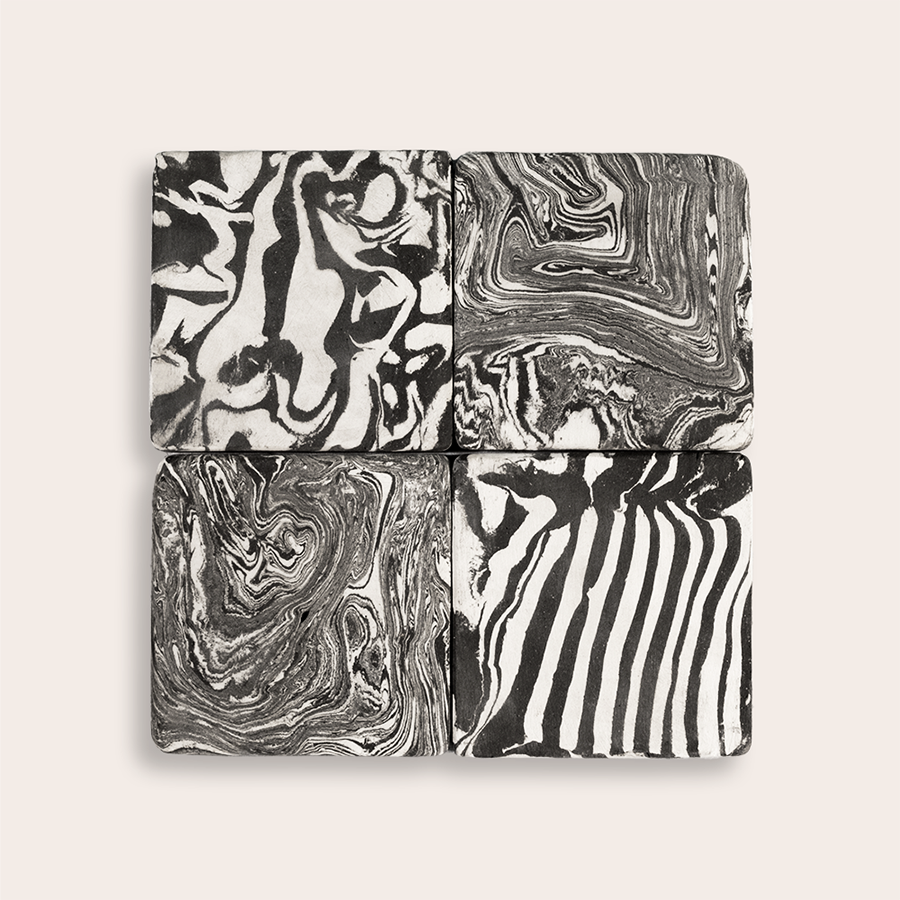Mottled, loud, regal. It is the union of materials from different natures. Only an expert craftsman knows which direction its veining will take once it reaches the firing point.
The processing of Variegated Terracotta dates back to the Italian Lombardy area following the splendour of the Renaissance. It covered the most prestigious buildings with its veined, juxtaposed decorations, as if to reproduce marble designs from the most precious quarries.
However, it comes from terracotta. A primitive clay, quarried from the beds of Lombardy’s rivers among the different stratifications of the ground. And it is exactly this stratification that makes it possible to manipulate the different clays with one another. Mixed, blended in layers with different techniques depending on the decoration. Each kiln had its own moulding method and each area had its own clays, resulting in countless varied types of cotto.
As varied as the land of which it is made.
The Colors
Lambro Like the river that joins Monza to Brianza, Red to Black, so the clay from the deepest layer of soil is joined to the more superficial clay imported from distant volcanic lands. Lambro represents opposites, which meet like fluids with different chemical compositions. Distinctly harmonious.
The Shape
The square is a circle with angles. It is imperfect perfection, irregular regularity, abstract concreteness. It dominates the world of parallelograms and its linear formula communicates only one thing: harmony. For this reason a cement product (of the people, basic) in the form of a square (elevated, perfect) generates a kaleidoscope of possibilities. Predictability is boring.
Treatment
Maintenance

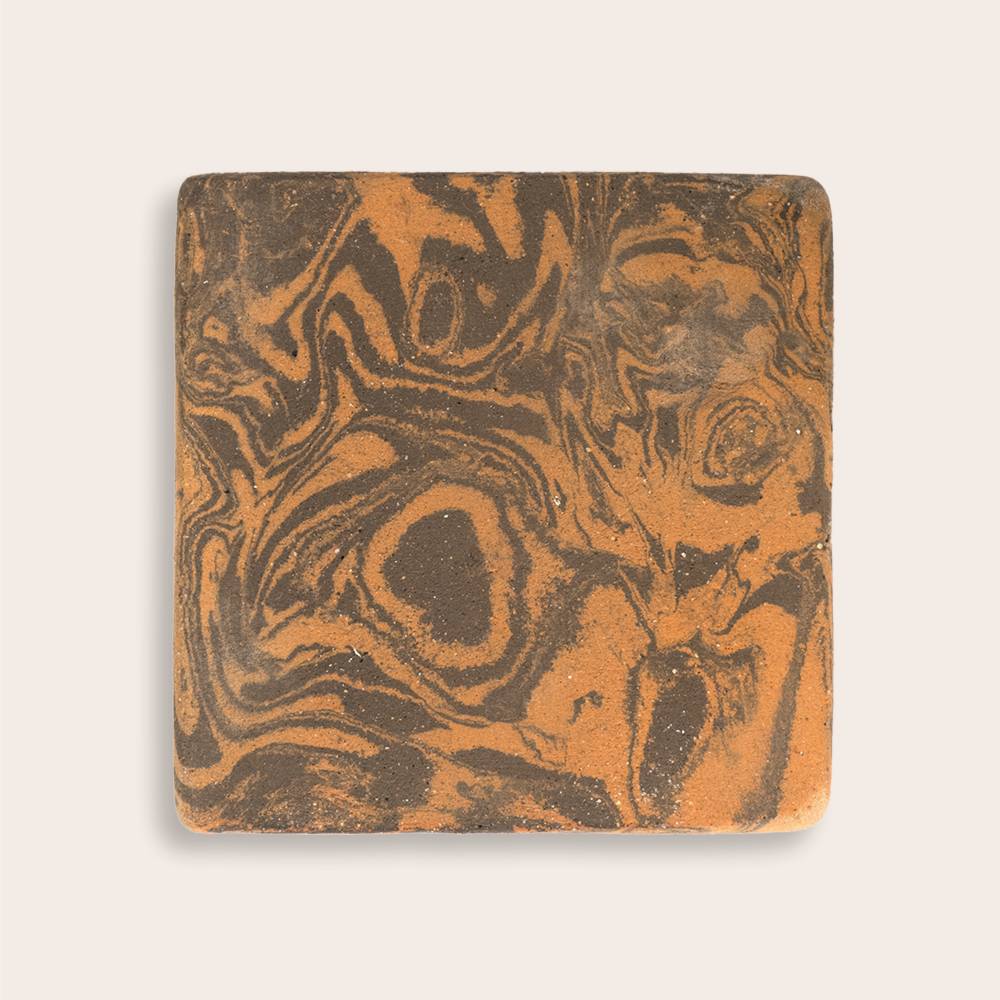
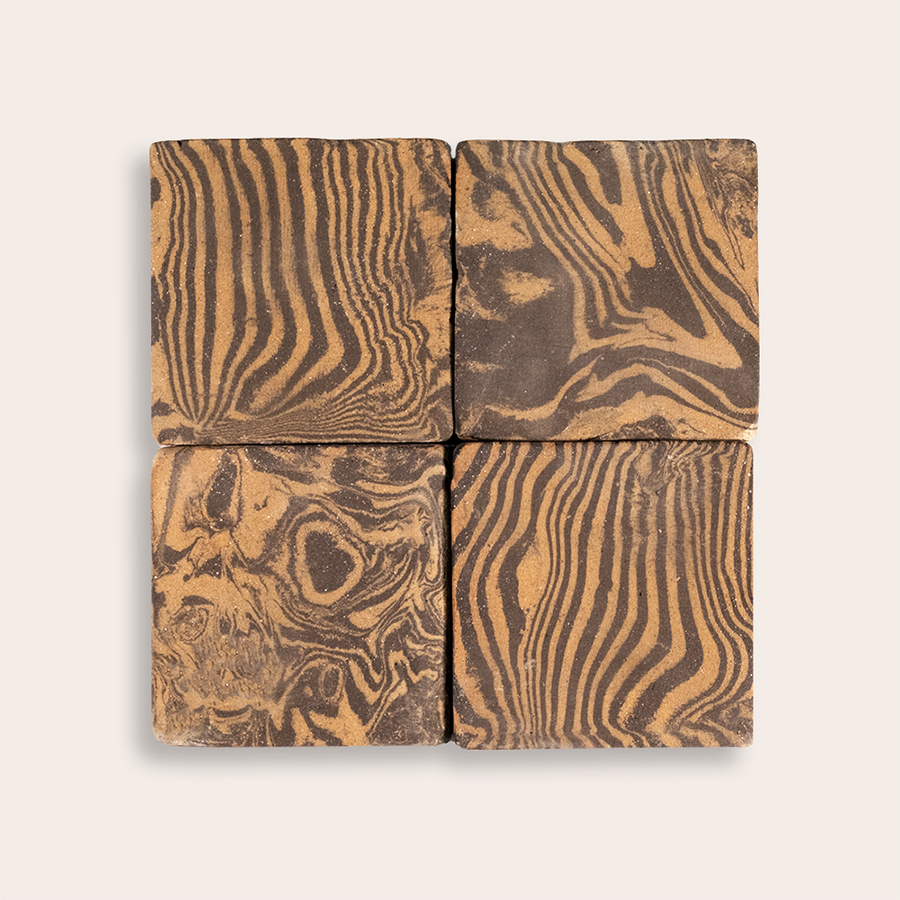
 copy.png)
